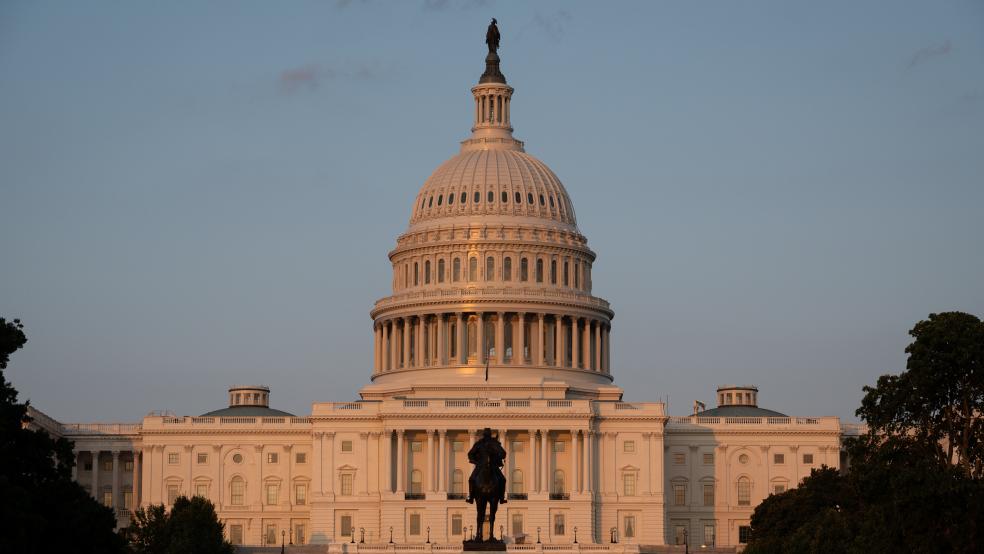The House Ways and Means Committee voted on Friday to advance a measure expanding Medicare coverage to include vision, hearing and dental care. Under the plan, vision benefits would begin in 2022 and hearing would be added in 2023 while dental coverage would start in 2028.
The 24-19 vote to send the measure to the House Budget Committee fell almost entirely along party lines, with Rep. Stephanie Murphy (D-FL) joining Republicans in voting against it.
Murphy, a leader of the fiscally conservative Blue Dog Coalition, said Thursday that she would vote no on the elements being considered by the Ways and Means Committee because she felt the process was “too rushed, driven by politics rather than policy.” She complained that panel members didn’t have clarity on what would be in the broader package or official Congressional Budget Office scores for the components they were considering. “I don’t know how much we’re spending, how much we’re raising, how we’re spending some of the money, and how we’re raising any of the money,” she said.
House committees are working to approve their portions of the Democratic budget reconciliation bill by September 15. The House Budget Committee would then combine those elements into a single package that Democratic leaders hope can be brought to a full floor vote within weeks.
The Ways and Means Committee is expected to provide about half of the spending and the vast majority of the revenue for the total package, Roll Call notes. Friday was the second day of the committee’s markup of its portions of the budget bill.
The committee on Thursday approved a measure ensuring 12 weeks of paid family leave for U.S. workers who have at least four hours of caregiving duties a week. It also approved a provision aimed at bolstering Americans’ retirement savings by requiring employers without retirement plans to automatically enroll workers in individual retirement accounts. That measure also would expand a federal credit for savers, making it refundable so that people with low or moderate incomes who don’t owe federal income taxes can still receive the benefit. The retirement provisions are projected to cost about $47 billion over 10 years, according to the congressional Joint Committee on Taxation.





